Fix Your Sleep Deprivation to Be More Productive – Best Lifehack Ever

If you want to be more productive, take a rest. Come to terms with your sleep deprivation. I kid you not. Here is how the story goes:
Sleep Deprivation is Endemic the World Over
The Center for Disease Control and Prevention (CDC) reports in a 2018 study that 35% of U.S. adults are getting less than the recommended 7 hours of sleep each night. Chronic sleep deprivation can cause health problems such as obesity, diabetes, high blood pressure, heart disease, stroke, and frequent mental worries. The CDC has, therefore, declared the lack of sufficient rest in large parts of the population a ‘public health problem.’
But the United States is not alone with the problem of insufficient sleep: A 2017 cross-country comparative analysis of the OECD countries the United Kingdom, Japan, Germany, and Canada suggest that sleep deprivation can lead to high economic costs in terms of lost GDP and lower labor productivity. According to the study, the financial loss amounts to $680 Billion each year across these five OECD countries due to insufficient sleep.
Also developing nations are catching up with unhealthy sleep patterns. A WHO-SAGE study in 8 countries across Africa and Asia found 16,6 of participants had severe/extreme nocturnal sleep problems with an increasing tendency.
A decrease in productivity happens because sleep deprivation reduces the brain’s content of the essential carbohydrate glucose. Lack of sleep makes your grey matter run low on fuel. The lack of glucose primarily affects the parietal lobe and prefrontal cortex of your brain, which facilitates problem-solving and high-level thinking.
Researchers say that lifestyle factors common to a modern 24/7 society such as psychosocial stress, alcohol consumption, smoking, lack of physical activity, and excessive electronic media use are the reasons behind people sleeping less than the necessary hours for a healthy rest. These detrimental factors common to modern life are becoming more prevalent the world over.
So Why Don’t We Sleep properly and Fail to Link Sleep Deprivation to Declining Productivity?
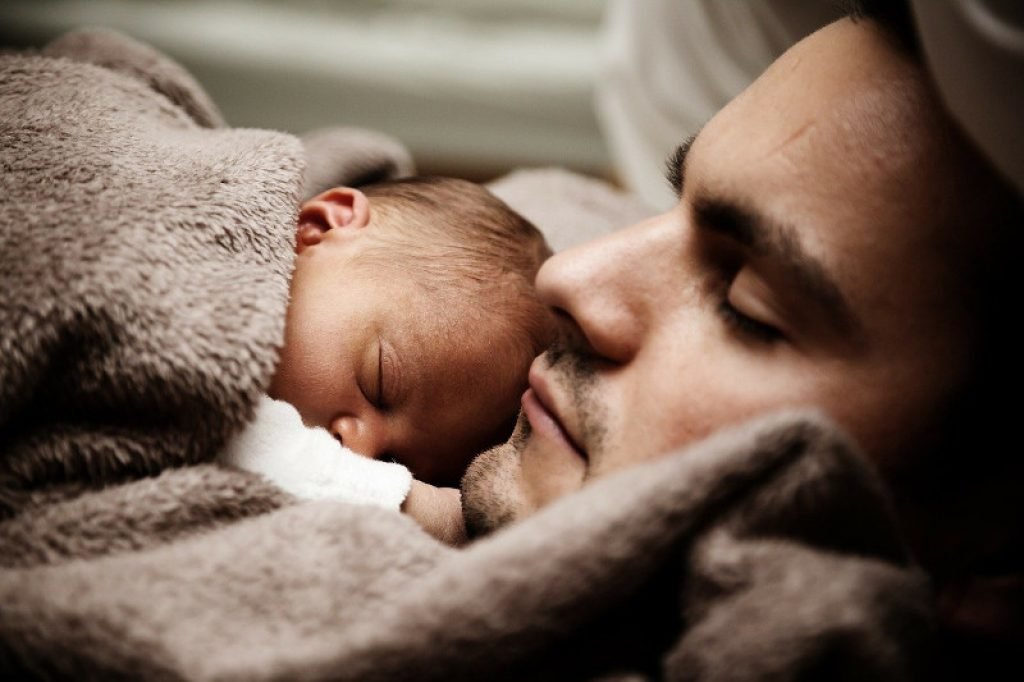
Society is biased to overlook and underrate the importance of sleep as it focuses on expansion. Expansion is noise. Factories and construction sites cause noise. Transportation, traffic, planes incur noise pollution. When people live together in tight spaces, the urge to show dominance is triggered in some to make even more noise with that roaring motorcycle or car. Large metropolitan areas in newly industrializing countries are among the noisiest places on planet earth. Not very conducive to sleep.
In the working world, high performers often find themselves under implicit pressure to claim they need very little sleep. While it is true that some people have a gene mutation that allows them to get away with very little sleep (the dream of every entrepreneur), the rest of us will not prosper with continuous sleep deprivation.
Elite athletes are aware of the benefits of proper rest. There is quite some talk of the 10.000 hours of deliberate practice required to become a master at any skill. But K. Anders Ericsson’s landmark studies of elite performance showed that what differentiated top performance was sleep time. The best performers in these studies clocked 8 hours and 36 minutes of sleep per night on average.
In offices, in contrast, sleep continues to be the first thing people sacrifice for the sake of higher achievements. Oftentimes bolstered with plenty of caffeine and other stimulants, sleep deprivation is the result and the aspired goal turns into its opposite:
The less you sleep, the less you can achieve. The fewer people achieve the more prone they are to push themselves even further, resulting in a vicious cycle that decreases well-being and economic output alike.
At the basis lies what researchers call the social jetlag: misalignment of biological and social time — the incapability to follow our circadian rhythm within the constraints of social and working life.
Sleep deprivation is a cultural result of our achievement-driven, modern lifestyle. External pressure makes us forgo the inner necessities of healthy rest. We act based on a mental fallacy that the more we work, the more we can achieve.
Can we fix this dilemma? Of course, we can. It will require modifying some common patterns of modern life.
It will be useful to look at why we sleep in the first place to appreciate its fundamental function in our lives.
The Mystery of Why We Sleep
It hasn’t always been clear why we sleep and that we do need to sleep. Sleep is the wasted time that takes away from our active, waking time.
‘Sleep is a criminal waste of time, inherited from our cave days’ said Thomas Edison. And Margaret Thatcher was of the opinion that ‘Sleep is for wimps.’
The Greek philosopher Aristotle devised in 350 BC in his treatise ‘On Sleep and Sleeplessness‘ a fascinating and altogether wrong theory on why we sleep:
He was of the opinion that the digestion of food created warm vapors that ascent from the stomach to accumulate in the head. Here they would cool and condense, to then flow down to the body’s sensory center, the heart, which then induced sleep as it cooled.
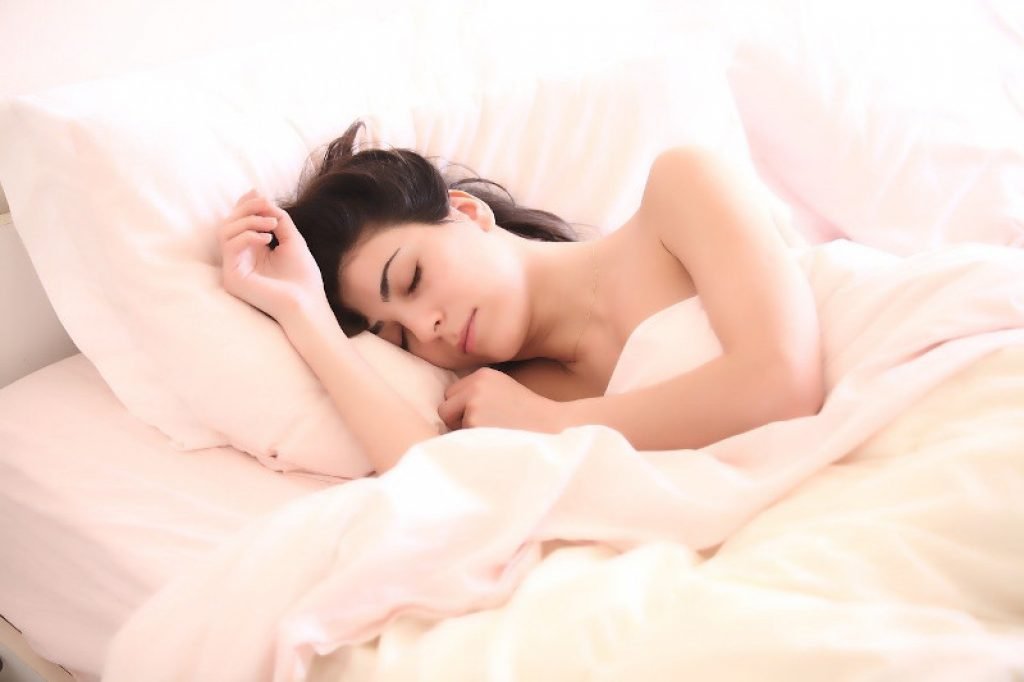
What Aristotle did get absolutely right though is that ‘sleep is evidently a privation of waking’ as (…) ‘all organs which have a natural function must lose power when they work beyond the natural time-limit of their working period it must follow that the state of sleeping is necessary’. He further observed that ‘things which induce sleep…produce a heaviness in the head’ and ‘it is therefore evident that waking and sleeping are affections of this common and controlling organ of sense-perception’.
Sleep Science has come a long way since Aristotle’s days, and it is now well established that sufficient sleep is the bedrock of good health.
The research discusses mainly three broad areas of why we need to sleep:
1. Sleep is for recovery, to restore and repair metabolic processes. Certain genes associated with regeneration and metabolic pathways only become active during sleep to fulfill their vital roles.
2. Sleeping conserves energy. The body temperature drops by around 1°C and the metabolic rate is reduced by 5-10%.
3. Sleep facilitates brain processing and memory consolidation. Dreaming during sleep stores our experiences and help us deal with emotional challenges.
Insufficient sleep is not a minor problem. Sleep deprivation leads to many of today’s dominant health problems: obesity, diabetes, high blood pressure, cardiovascular diseases, anxiety, and depression.
Poor nutrition or a lack of physical exercise receive much more attention in the News as causes to be blamed for these typical modern-world health problems.
While a balanced diet and exercise are of course indispensable for good health, focusing on these two areas comes at the cost of overlooking one of the major contributors to poor health: endemic sleep deprivation.
When talking about sufficient sleep, the time one spends in the bed is in itself not indicative. As with other areas of health, it is also true for rest that quality by far beats quantity. Even though you cannot see what’s going on inside your body, it’s evident that a good night of sleep directly effects your near-term physiological health.
‘Sleep efficiency’ describes how good we are at sleeping. We have all kinds of lofty goals, why not making becoming a better sleeper one of them? Sleep efficiency measures what time people went to sleep in relation to when they awoke, how much time they need to before falling asleep, how many times they wake during the night, and how long they were sleepless throughout the night. The higher your sleep efficiency, the more positive the effect on your health.
Would you drink and drive? Experiments show that a whole night of sleep loss equals an alcohol level of 0.19 percent in your blood, which is about twice most legal limits for intoxication.
Want to avoid catching a common cold? Make sure you sleep well. People who averaged less than seven hours of sleep per night in an experiment were nearly three times as likely to catch a cold following exposure to the rhinovirus than the well-rested participants.
Approaches How to Fix Your Sleep Deprivation and Be More Productive
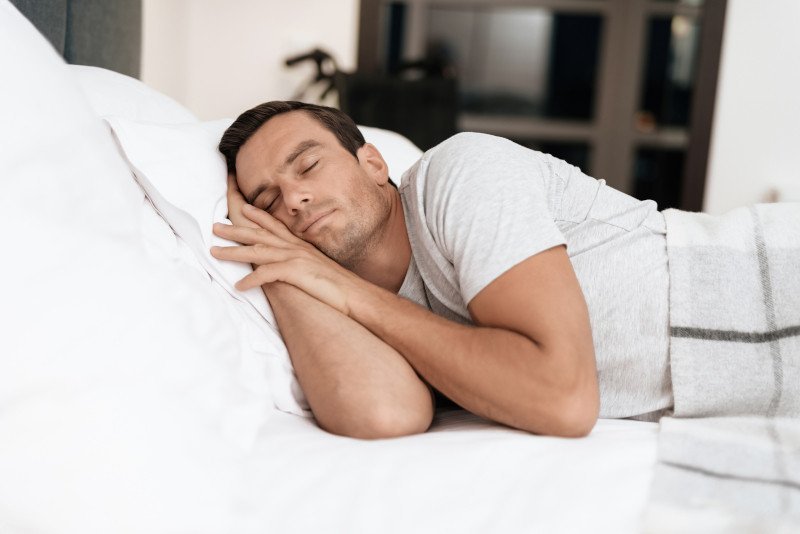
The widespread lack of sleep in the world is an indication that getting seven to eight hours of good rest each night is easier said than done. Fixing sleep is a holistic process that often will have to address self-enhancing downward pressures like stress, anxiety, and substance abuse.
The first step is to realize that adequate sleep deserves our utmost priority due to being that essential pillar of our well being. Modify your thoughts for better sleep. Defer your worries to a later time that you can specify.
Once that is clear in our mind, there are adjustments you can make to enhance your chances of getting sound sleep at night:
First, try a different thinking approach. We customarily believe that we have to do something to get something. We usually think of expansion and what else we can squeeze into our lives.
The Greeks, Romans, and medieval thinkers had an approach they called via negativa, literally the negative path. If everything you have done so far hasn’t helped you get better sleep, look at what not to do that might hinder success. Cut out those sleeping pills, stop watching television at late at night, try not to worry about not being able to sleep. In one word: simplify. Sleep is a contraction. Expanding activities does not get you there.
Stop using your smartphone one hour before you go to sleep. A 2014 study suggests that late-night smartphone use not only leads to poor sleep but also creates fatigue and lower workplace engagement the following day.
The light from electronic devices suppresses melatonin levels by as much as 20 percent, which directly lowers sleep quality.
Natural light, especially in the morning, can boost your biorhythm and is suitable for productivity during the day and hence prepares you for a relaxing sleep at night. Dimming lights throughout the evening will make it easier for you to sleep better.
It is beneficial to sleep in a room that is entirely dark and a few degrees cooler than the normal temperature you live in during the day. A lower temperature during sleep prevents your natural body clock from waking you up in the middle of the night.
The same principle applies to potentially disturbing noise. If random sounds disrupt your sleep frequently, use a white-noise app or noise reduction headphones from waking you throughout the night. You need to build a sanctuary around your sleep. Make your bedroom a special place that you ideally use for sleeping (and sex) only, so you don’t associate it with other waking activities.
Creating a routine in which you eliminate as much variance as possible is critical for a good night of sleep. And so is the timing of the method. Own your day and be active, rest at night. Have a consistent sleep schedule.
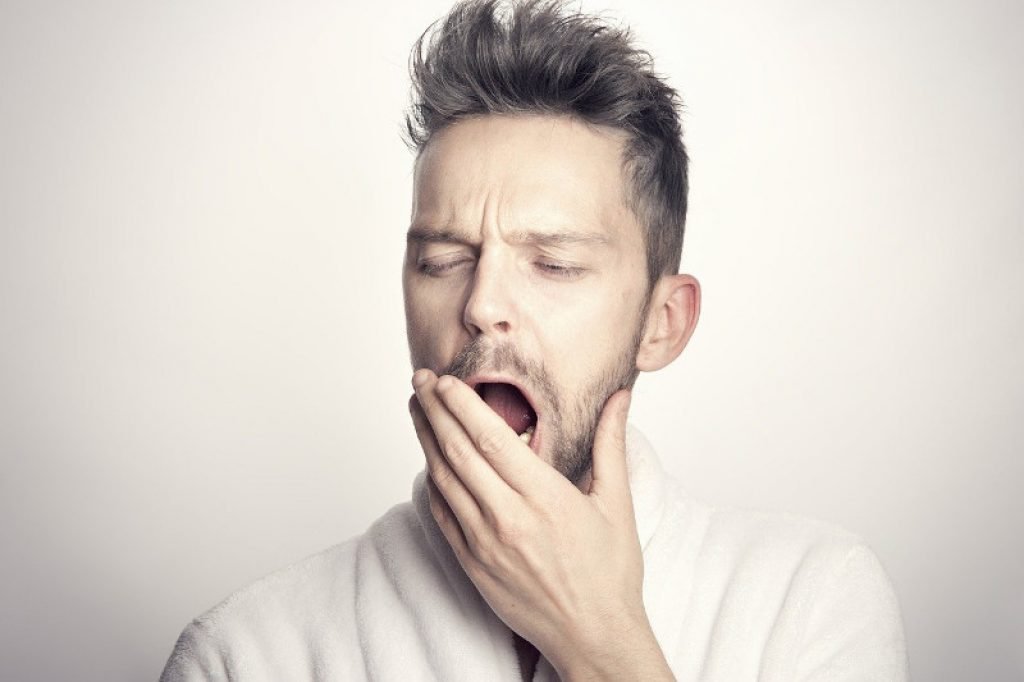
Final Thoughts: It’s Your Pillow, Sleep Your Way
Think of every hour of sleep as an investment in your future. If you want to get more things done in less time, invest in your sleep.
Make good sleep a priority in your life. But allow time and room for variation and find out what works best for you. You will find different approaches to how to best sleep in the scientific literature. Some say only sleep once per day in one go to guard the sleep cycles. Some say nap during the day and fill in gaps with microsleep. Others again say sleep in two to three-hour portions throughout the day. Ultimately, our body clock dictates our sleep patterns. Commit to become better at sleeping and enjoy this pleasant journey continuously.
Culture affects sleeping patterns — culture changes over time. And culture differs from country to country. Some say our sleep dilemma began with the invention of the incandescent light bulb when artificial light disturbed the natural cycle of the sun. The goal of adequate sleep remains the same, and it is your task to adapt and determine what works best for you.
There is no hard set of rules that fits all. Keep a journal. Make sleep meaningful and choose the strategies that work for you as you go along.
So why is fixing your sleep deprivation the best life hack ever?
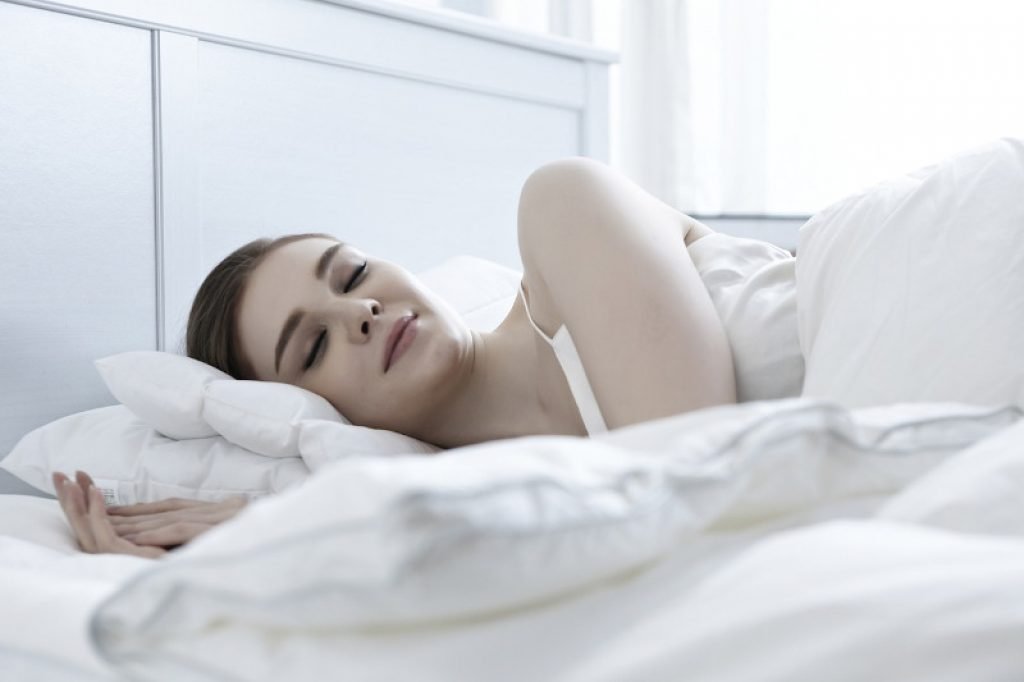
It will ensure your optimal health and production capability. This reason is apparent; you can easily do the maths.
And then two more reasons lead to a whole new positive dynamic: It is social norms and culture that endanger healthy sleep patterns. By claiming sufficient sleep, you are moving away from external constraints to a more self-driven, healthy, internal perspective, You are living inside-out and are becoming autonomous!
This is where the magic begins: By sleeping well you discover your dreams, so you learn more about yourself and put yourself on the path of self-discovery to become a more complete human being.
Here are some references that I have found useful in educating myself why sleep deprivation is a common enemy to health and happiness:
Walker, Mathew – Why We Sleep – The New Science of Sleep and Dreams
Winter, W. Chris – The Sleep Solution: Why Your Sleep is Broken and How to Fix it
Stevenson, Shawn – Sleep Smarter – 21 Essential Strategies to Sleep Your Way to A Better Body, Better Health, and Bigger Success
Rath, Tom – Are You Fully Charged?
Colleen Ehrnstrom, Alisha L. Brosse – End the Insomnia Struggle – A Step-by-Step Guide to Help You Get to Sleep and Stay Asleep
Cartwright, Rosalind D. – The Twenty-Four Hour Mind: The Role of Sleep and Dreaming in Our Emotional Lives
Huffington, Arianna – The Sleep Revolution – Transforming Your Life One Night At A Time









